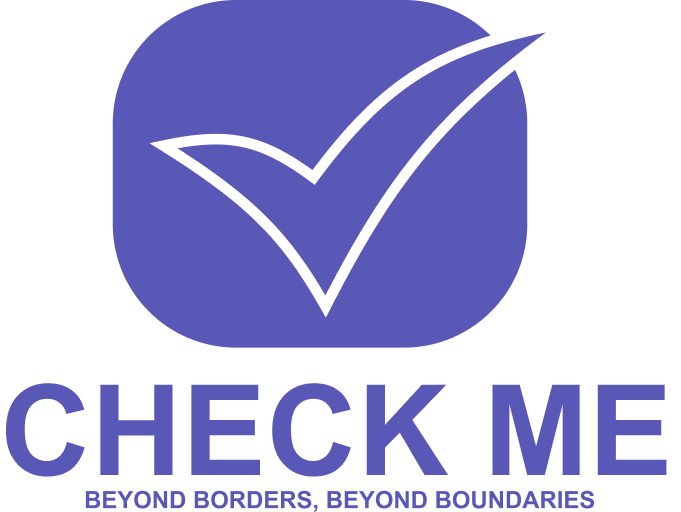1. Mistakes to Avoid
Even small errors can cost you an opportunity. Here are the most common resume mistakes:
- Spelling and grammar errors – Always proofread multiple times or use tools like Grammarly.
- Generic resumes – Sending the same resume for every job reduces your chances. Tailor it to each role.
- Overloading with information – Avoid unnecessary details; focus on relevant skills and experience.
- Poor formatting – Crowded text, inconsistent fonts, or unclear headings can make it hard to read.
- Exaggerations or false information – Employers often verify claims; honesty is crucial.
- No clear objective or summary – Skipping this section can make your resume look directionless.
2. How to Make Your Resume Look Perfect
Your resume should be visually appealing, well-structured, and easy to read. Here’s how:
- Use a clean layout – Simple fonts like Arial or Calibri, proper spacing, and clear headings improve readability.
- Highlight achievements, not just duties – Focus on measurable results rather than generic job descriptions.
- Use bullet points – They make information easy to scan.
- Consistent formatting – Dates, job titles, and company names should be uniform.
- Add a professional summary – A 2–3 sentence overview of your skills, experience, and career goals can capture attention quickly.
3. How to Customize Your Resume for Each Job
A generic resume rarely impresses hiring managers. Here’s how to tailor it effectively:
- Analyze the job description – Identify key skills, experiences, and qualifications the employer wants.
- Highlight relevant experience – Emphasize work experience and achievements that match the role.
- Use keywords – Many companies use applicant tracking systems (ATS) that scan for keywords.
- Adjust your objective or summary – Show clearly that your goals align with the position.
- Include relevant certifications or skills – Only list what’s applicable to the job.
4. Should Your Resume Be Long or Short?
The ideal resume length depends on your experience:
- Entry-level candidates – 1 page is usually sufficient.
- Mid-level professionals – 1–2 pages to cover relevant experience.
- Senior-level or specialized roles – 2 pages may be acceptable, but keep it concise and focused.
Tip: Hiring managers often spend less than a minute on a first scan. Clarity, relevance, and impact matter more than length.
Conclusion
A perfect resume is clear, concise, and tailored to the job you’re applying for. Avoid mistakes, highlight achievements, and format it for readability. Whether short or long, your resume should instantly communicate why you’re the right fit for the role.

